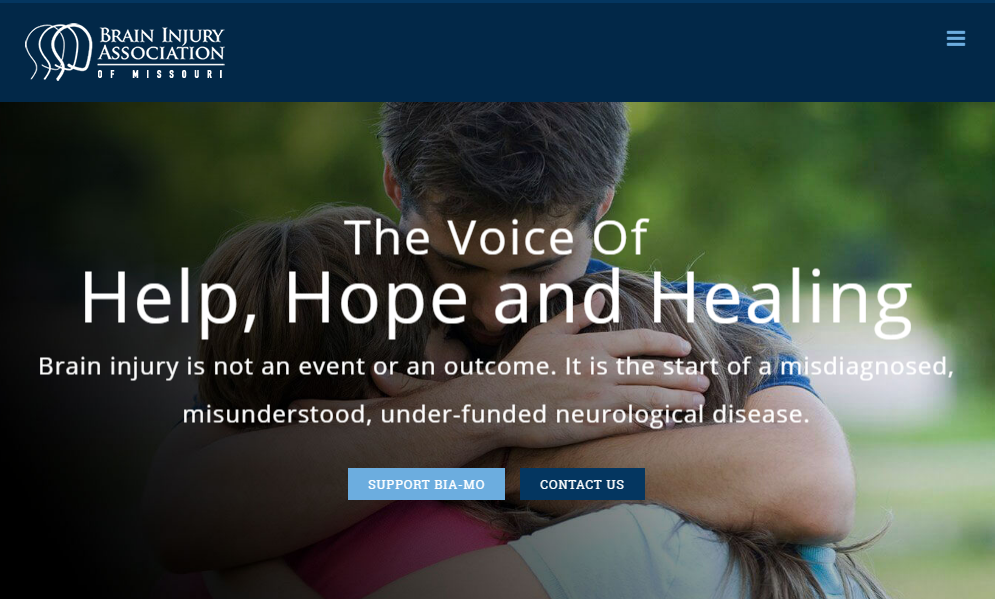7 Things I Wish I Knew When I was Diagnosed With Parkinson’s
By Guest Blogger Gil Thelen, research advocate with the Parkinson’s Disease Foundation and a National Parkinson Foundation Moving Day® Walk for Parkinson’s participant
I wasn’t ready for a crash course in neurology. I was enjoying retirement, assuming my medical education was far behind me (I attended medical school before pursuing a journalism career).
But then my doctor said, “You have Parkinson’s disease.” Ever since, I have been immersed in Parkinson’s 101: what it means to live with a chronic neurological disease.
This April, Parkinson’s Awareness Month, my thoughts turn to the 5,000 people in the U.S. who will also hear those words this month. What do I wish I had known when I was diagnosed?
- It’s a snowflake disease. Just like a snowflake, each of us is unique and so is our Parkinson’s. Do not assume your disease will look like someone else’s.
- Some symptoms are invisible. Because many of us associate Parkinson’s with movement symptoms, we may ignore signs of depression, fatigue or constipation. In recent years, the medical field has recognized that such symptoms are part of the disease. If you notice them, tell your doctor so they can be treated.
- A Parkinson’s specialist can help. Most of us see a general neurologist for our care, without realizing we might benefit from seeing a movement disorder specialist. These neurologists, who have undergone two years of additional training, can help us to better manage the disease and stay current on research and clinical trials.
- We can benefit from complementary care. In addition to medications, we can benefit from physical, speech and occupational therapy and the knowledge of nutritionists and psychotherapists. Putting together a care team of these professionals early on can pay off for years to come.
- Local connections can help us keep up. Where can I locate a physical therapist? Who can help make my home safe from falls? The answers are easier to find when we are looped into the local Parkinson’s community. Get involved with support groups or organizations to keep tabs on what your community has to offer.
- Staying active is essential. Parkinson’s may affect our movement, but staying active can help in the long run. Research shows that intensive, sustained exercise can ease symptoms and combat fatigue, and that regular daily activity (going for walks, doing the laundry) can help improve life with Parkinson’s.
- We can live well. It is not only possible to corral the disease, but it is essential to do so. Find your passions. Mine are advocating for research and raising awareness. Never give in to the disease or lose hope.
Also remember that we are not alone. There are 1 million of us nationwide.
Groups such as the Parkinson’s Disease Foundation and the National Parkinson Foundation are available to support us. Contact them to find information and resources. Together, we can not only live well with Parkinson’s, one day we can end it.
Allsup
Related Articles

Uncategorized
Helping Family Caregivers With What They Need to Know

Uncategorized
Understanding MS and Disability Benefits

Uncategorized
BIA-MO Gets Real about Brain Injury Awareness

